Apple on Sunday launched a new website that will allow users to deregister their cell phone number from its iMessage service, fixing an issue that would result in messages sent from iOS devices being "hijacked" if the recipient stopped using an iPhone.
The new website entitled "Deregister iMessage" gives instructions on how to disable Apple's proprietary messaging service if the user still owns their iPhone. But in the event that they have switched to another platform and no longer have their iPhone, users can enter their cell phone number to have a confirmation code sent to verify their intent.
Users will receive a confirmation code at their cell phone number that they can then enter at Apple's website, which will delist their number from iMessage. Doing so will ensure that in the future, messages sent from iOS devices will default to standard SMS or MMS messages rather than iMessage.
An accompanying list of frequently asked questions notes that users need to deregister iMessage if they have a non-Apple phone and cannot receive SMS or text messages someone sends from an iPhone. This issue can happen if a user transferred their SIM card to another device, such as an Android, Windows or BlackBerry phone.
The problem dates back to 2011, when iMessage first debuted. Over the years, users leaving the iPhone for another platform discovered that people on iPhones attempting to send them a text message are still having the messages intercepted by Apple and sent as iMessages — messages they cannot receive if they are on an Android phone, Windows Phone, or some other platform.
Apple said earlier this year that it planned to make it easier for people to delist their account from iMessage. While users could previously do so with their iPhone, the new tool allows users to deregister their cell phone number in the event that they no longer have access to an iPhone.
Unlike Google Hangouts or BlackBerry's BBM, which can be accessed on competing devices via third-party applications, Apple's iMessage service remains exclusive to Apple devices, much like its FaceTime video chat standard and copyright protected video content from iTunes.
 AppleInsider Staff
AppleInsider Staff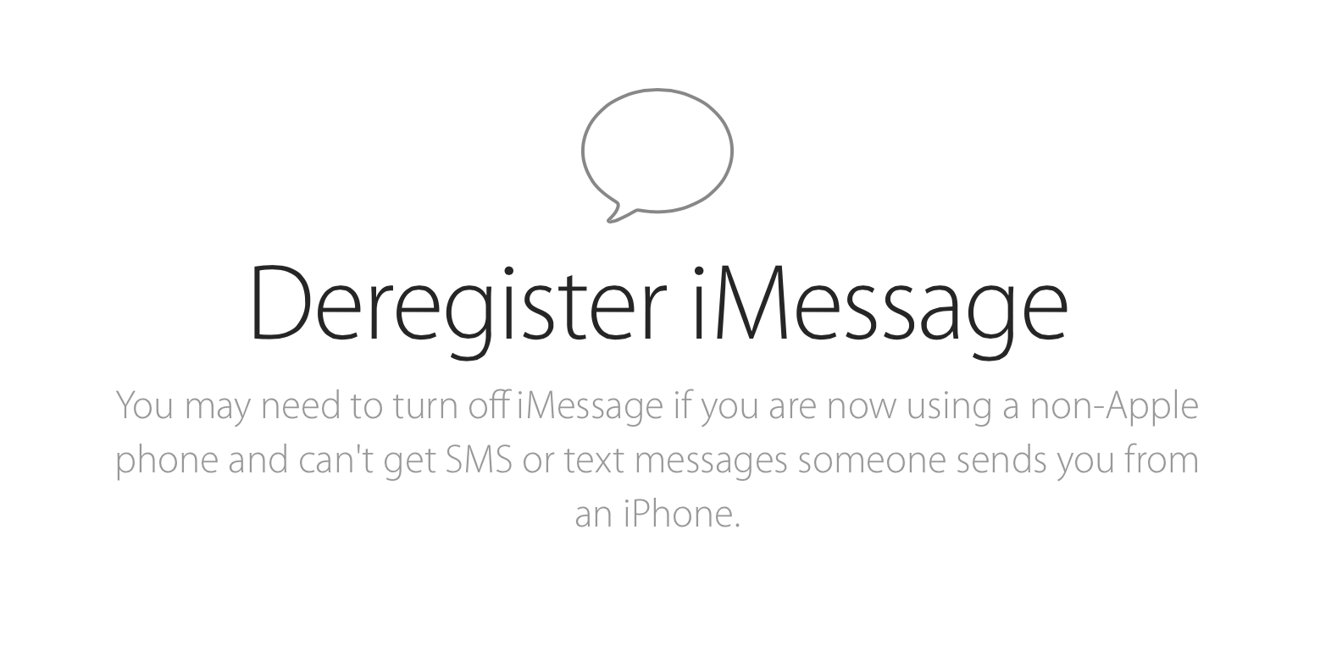



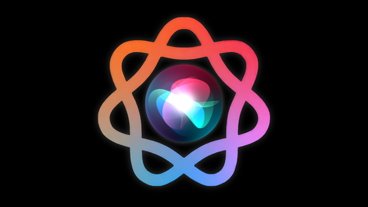
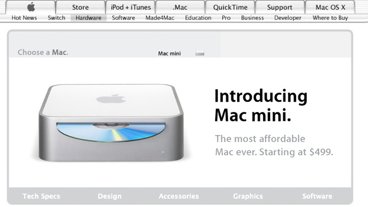
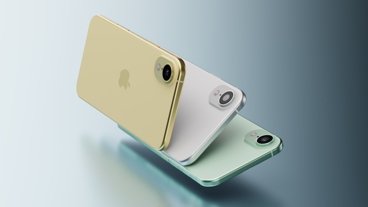
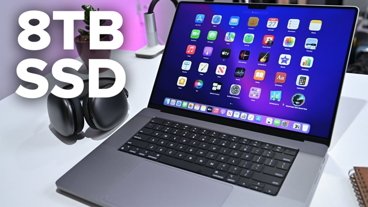
-m.jpg)





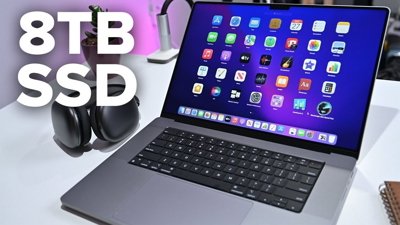
 Christine McKee
Christine McKee
 Marko Zivkovic
Marko Zivkovic
 Wesley Hilliard
Wesley Hilliard
 Malcolm Owen
Malcolm Owen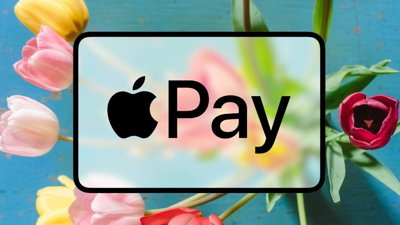


 William Gallagher
William Gallagher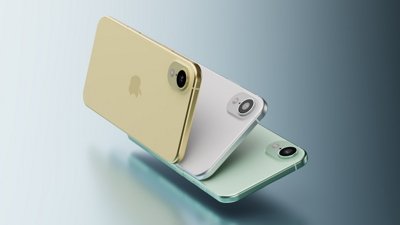
-xl-xl-m.jpg)

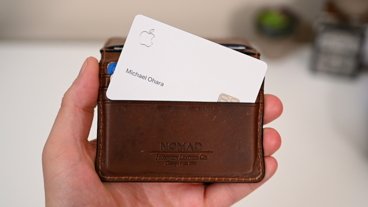







39 Comments
Great! Now why did it take so long?
[quote name="SolipsismY" url="/t/183328/apple-launches-web-tool-to-delist-cell-phone-numbers-from-imessages#post_2637214"]Great! Now why did it take so long?[/quote] Well.. It only took three years.. Right!
[quote name="NasserAE" url="/t/183328/apple-launches-web-tool-to-delist-cell-phone-numbers-from-imessages#post_2637217"] Well.. It only took three years.. Right![/quote] LOL and I was only going from when the issue become public [tech forum] knowledge. I don't think any of the components are hard to setup. Seems like something a single backend guy and web guy at Apple could have put together in a weekend.
That's a rather massive assumption. It's clear Apple has known about the issue for a while, so obviously it wasn't as easy as a fix as you imply. Probably some very complex stuff happening behind the scenes they had to sort out.
Either way glad it's here. I've noticed when people's needs are addressed, or anything from a wish list is fulfilled, most of the responses are bitching and whining about why it wasn't done earlier. Why not be happy that we have something today we didn't have yesterday? Personally I've switched from iPhone to Android and back many times over the years and NEVER had any issues with messages not going through.
Apple has addressed ALOT of longstanding complaints with their software/services the last year or so.
That's a rather massive assumption. It's clear Apple has known about the issue for a while, so obviously it wasn't as easy as a fix as you imply. Probably some very complex stuff happening behind the scenes they had to sort out.
Either way glad it's here. I've noticed when people's needs are addressed, or anything from a wish list is fulfilled, most of the responses are bitching and whining about why it wasn't done earlier. Why not be happy that we have something today we didn't have yesterday? Personally I've switched from iPhone to Android and back many times over the years and NEVER had any issues with messages not going through.
Apple has addressed ALOT of longstanding complaints with their software/services the last year or so.
This "Delist" feature should have been there since iMessage launch. I mean no one at Apple asked themselves "What happens if someone didn't disable iMessage before erasing their iPhone and no longer have it?". The other issue was disabling iMessage before erasing did not always work (personal experience since I experience this bug). The other major issue was that Apple didn't have a solution for three years for anyone experiencing this issue.